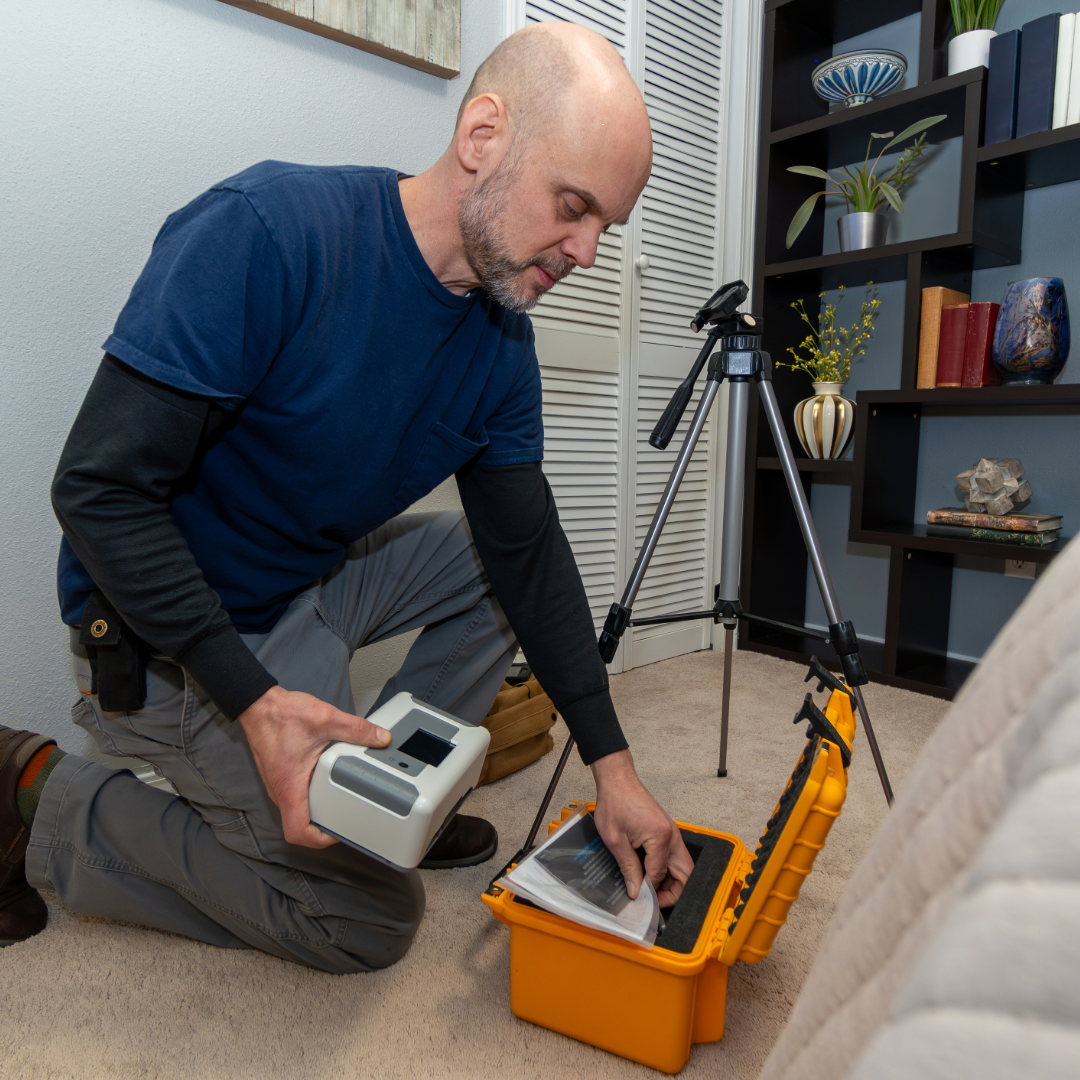

330-452-9911 (Aultman Main)
Patients & Visitors

- Patient Support
- My Experience
- Join Our Grateful Community
- Nondiscrimination & Language Services
- Patient Nutrition
- Patient Portal
- Patient Privacy
- Patient Medical Records
- Patient Rights and Responsibilities
- Patient Welcome Folder
- Tests & Procedures
- Contact Us
- Visitors
- Contact a Patient
- Aultman Anywhere App
- The Shoppes at Aultman
- Visitor Policies
- Parking and Maps
- Dining Options
- Things to Do
- Insurance and Billing
- Pay My Bill
- Accepted Insurance
- Financial Assistance
- Pricing
- FAQs
- Notice to Our Patients
- Notice to Our Patients of Privacy Incident
Services

- Medical Services
- Back & Spine Center
- Birth Center
- Cancer Center
- Critical Care
- Emergency
- Heart & Vascular
- Mental Health Services
- Neurosurgery
- Orthopedics and Sports Medicine
- Stroke
- Surgical Services
- Urology
- Support Services
- AultmanNow
- Aultman Specialty Pharmacy Services
- AultWorks
- Case Management
- Clinical Trials
- Diabetes Education
- Grief
- Home Medical Supply
- Home and Aultman Infusion Services at Woodlawn
- Home Health Care
- Hospice/Palliative Care
- Imaging
- Inpatient Rehab
- Integrated Health Collaborative
- Lab
- MEDS Clinic
- Pain Management
- Security
- Sleep Services
- Spiritual Care
- Therapy
- Urgent Care
- Victims of Violence - Forensic Nurse
- Wound Care
Health & Wellness

About

- Aultman
- About Aultman
- Careers
- Diversity, Equity, Inclusion and Belonging at Aultman
- Newsroom
- Our Policies
- Annual Report
- Community Health Needs Assessment
- Sharon Lane – An American Heroine
- Aultman Corporate Sponsorships & Volunteer Requests
Locations

- Locations
- AultCare
- Aultman Alliance
- Aultman Carrollton
- Aultman College
- Aultman Dover
- Aultman Hartville
- Aultman Hospital
- Aultman Louisville
- Aultman Massillon
- Aultman Medical Group
- Aultman North
- Aultman Orrville
- Aultman Orrville Doylestown Health Center
- Aultman Tusc
- Aultman Tuscarawas Regional Health
- The Aultman Foundation
- Aultman Woodlawn
Schedule an Appointment
*Please fill in all the required fields.
- Home >
- Blog >
- Healthy Living >
-
Four Facts About Radon, a Cause of Lung Cancer
Menu

Recent Posts
- The Magic of Reading Aloud
- Health Benefits of Peppermint
- Can You Tell the Difference Between a Cold, the Flu and Strep Throat?
- Keep Your Family Safe This Winter
- Recipe: French Onion Mashed Potatoes
Archive Posts

Location Finder
Here's your guide to finding any of the facilities in the Aultman family of health services, including maps and contacts.

Need a Doctor?
Aultman's network of providers is committed to high-quality patient care.

Schedule an Appointment
Click below to complete an online form.
Donate Today
You can help support and enhance services, and in turn, help patients and their families who benefit from care received at Aultman.

Four Facts About Radon, a Cause of Lung Cancer
You can’t see it or smell it, but radon gas could be prevalent in your home, putting you and your loved ones at risk for lung cancer.
Here are four facts to know about radon.
Radon exposure is the leading cause of lung cancer in nonsmokers.
Radon is a radioactive gas that can enter homes through cracks in floors and foundations. Radon may also come from water from wells that contain the gas.
When inhaled, radioactive particles given off by radon can damage cells that line the lungs, causing cancer.
Everyone should test their home for radon.
According to the Environmental Protection Agency (EPA), the maximum acceptable level of radon in a home is 4 pCi/L (picocuries).
Radon has been found in elevated levels in homes in every state. The EPA and the Surgeon General recommend testing all homes below the third floor for radon. According to the EPA, initial measurements in homes should be short-term tests placed in the lowest lived-in level.
Radon levels can vary widely even in homes next to each other. If your neighbor tested for radon and didn’t find elevated levels, that’s not a guarantee that your home is safe.
You can obtain radon test kits in several ways.
The Centers for Disease Control and Prevention recommends that you contact your state radon office for specific information and resources in your area for testing. They can provide you with a list of qualified radon testers.
You can either hire a radon tester or purchase a radon test kit from a hardware store and do it yourself. However, the EPA recommends hiring a qualified tester if you are buying or selling a home.
You can repair a radon problem.
If the tester finds radon levels in your home that are above the EPA’s acceptable limit, contact a professional radon contractor regarding ways to mitigate radon. Several repair methods are available. For example, sealing the cracks in floors and walls may help.
Another option is a soil suction system. A soil suction system uses pipes and fans to pull the radon out from below the foundation or in the crawl space before it enters the home.
A radon contractor can help you decide which method is best for your home. A system installed when a house is being built usually is much less expensive. Ask if a house has been tested for radon before buying it or moving in.
Sources:
Centers for Disease Control and Prevention
Environmental Protection Agency
The StayWell Company, LLC

Location Finder
Here's your guide to finding any of the facilities in the Aultman family of health services, including maps and contacts.

Need a Doctor?
Aultman's network of providers is committed to high-quality patient care.

Schedule an Appointment
Click below to complete an online form.
Donate Today
You can help support and enhance services, and in turn, help patients and their families who benefit from care received at Aultman.